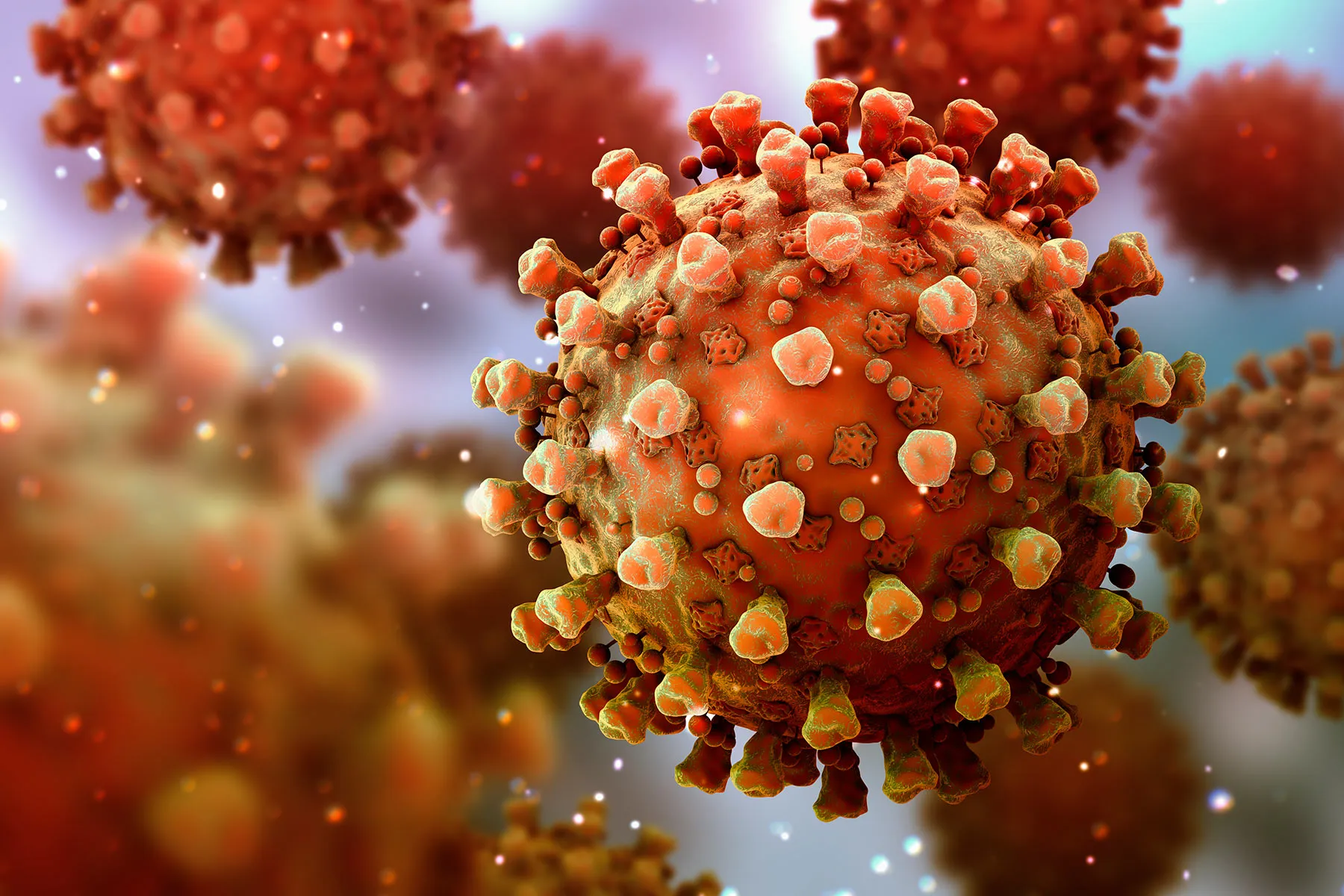House Committee Refers Trump For Criminal Prosecution
The panel made several criminal charge referrals to the Department of Justice against the former president, including obstruction of a congressional proceeding, conspiracy to defraud the United States, inciting an insurrection and conspiracy to make a false statement.

The Select House Committee investigating former President Donald Trump’s actions related to the Jan. 6 attack on the Capitol recommended several potential criminal charges against him on Monday, including obstruction of a congressional proceeding, conspiracy to defraud the United States, inciting an insurrection and conspiracy to make a false statement as it referred him to the Justice Department for potential prosecution.
The referrals come after the committee released a 154-page executive summary just before the committee’s final report, expected to be released Wednesday.
The referrals mark the first time in American history that Congress has referred a president for a criminal prosecution, following an 18-month investigation from the select committee.
In addition to the former president, five other Trump allies were named.
Mark Meadows, his final chief of staff, his lawyers Rudolph Giuliani, John Eastman, Jeffrey Clark and Kenneth Chesebro — as potential co-conspirators with Mr. Trump in actions the committee said warranted Justice Department investigation.
The recommended charges against Trump could carry prison sentences, including some lengthy ones, if prosecutors choose to pursue the charges.
But while the referrals are a significant rebuke to Trump’s actions on Jan. 6, they do not carry legal authority.
Trump described the committee as “highly partisan” on his Truth Social platform as he laid out a statement in response to the charges.
“These folks don’t get it that when they come after me, people who love freedom rally around me. It strengthens me,” Trump said on Truth Social. “What doesn’t kill me makes me stronger. Americans know that I pushed for 20,000 troops to prevent violence on Jan. 6 and that I went on television and told everyone to go home.”
Elise Stefanik, the third-ranking House Republican, also put out a statement on Truth Social when the report was released.
“The American people see through this partisan charade,” said Stefanik, who was elected chair of the House Republican Conference after incumbent Liz Cheney, one of two Republicans on the select committee investigating Trump, was removed from the position. She later said the newly established Republican House majority would “hold Democrats accountable for their illegitimate abuse of power.”
While others were named in the report, Trump was the main focus. But the report did provide additional conclusions outside of Trump’s alleged criminal conduct, including that the House Committee found “no evidence that the Department of Defense intentionally delayed deployment of the National Guard.”
The report said since Trump had the responsibility to call in the National Guard and never did, the authority to deploy the National Guard defaulted to the Department of Defense, which ultimately did make the call. The report blames miscommunication on the delay rather than anything nefarious.
Over the past 18 months, the committee interviewed more than 1,000 witnesses, obtained more than one million documents, issued more than 100 subpoenas and held several prime-time live hearings.

 Landwebs
Landwebs 


















